What kind of music should be heard and which are not, to decide the parents and the kids ignore it. In the Balkans a Generation has grown up, which care little about the boundaries between the cultures.
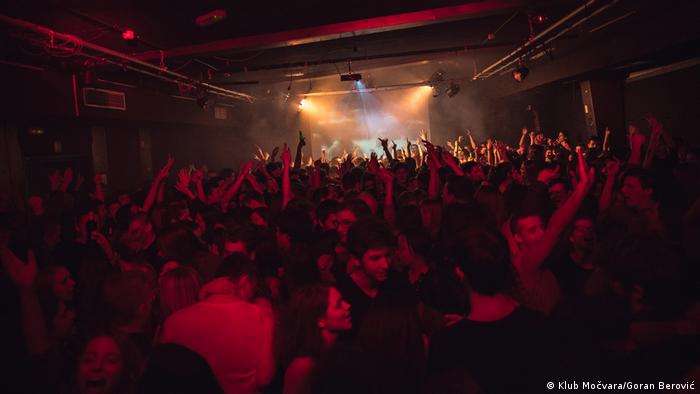
Once a month the young people go on pilgrimage in the club Močvara for Balkan Rock Party
For the 18-year-old Laura, the highlight of the Evening is reached as against two, three o’clock in the morning. Then, the input bars of the song Ederlezi, the former Yugoslav cult band Bijelo Dugme roar from the mighty speakers of the Zagreb club Močvara (The swamp). Music from the 1980s. Along with hundreds of dancing at the crowded club to the Rock and Pop music of the ex – Yugoslav “New wave” of the last century, it lifts the arms up, and singing out loud with: “Proljeće na moje rame slijeće, Đurđevak zeleni…”.
The collective ecstasy that brings the anthemic song about an unhappy love and the transience of life, with a few lines of text, is a phenomenon: Neither the Band nor the country still exist. For Laura, but which plays no role: “I like these older songs, because you can dance the best at it. The texts I like and the music is very much alive.” And also the sound is authentic: “these days, it is the songs with the help of electronics, using ‘Auto tune’, while earlier guitars, Drum, Bass and piano were played. There are real musical instruments.”
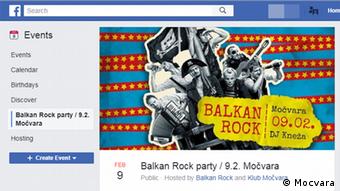
Beyond the imposed limits
“Balkan Rock”, the Party is to come to the once a month the young people in Močvara. Then the 17 flow – to 25-Year-old to the club on a Lawn next to the Zagreb bridge of freedom, and dance and sing to the music that has emerged in the last 30, 40 years in the former Yugoslavia.
For you all play nostalgia or longing for bygone days do not matter – just as little as the origin of the Bands. Unlike the dominant political discourse, the differences to “the other” emphasizes, in particular, in Croatia permanently, is for the young people who like a particular style of music, completely uninteresting and unimportant.
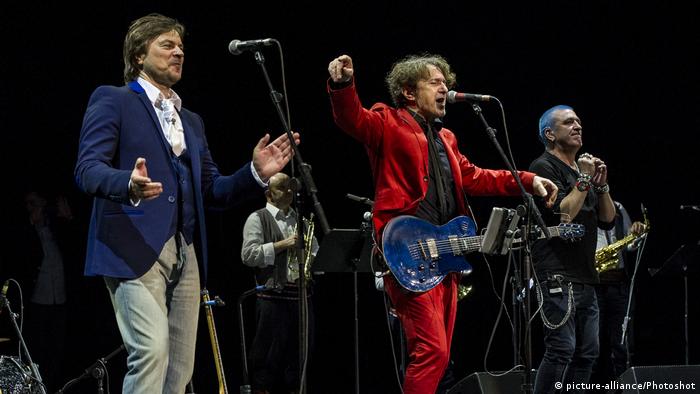
Bijelo Dugme – the legendary Yugoslavian Band inspires, even today, in the case of rare performances
While the official policy is required, to distance themselves from “foreign” influences and to ostracize you, wants to make this Generation the Current just “their thing” and have the freedom to like what you want. “I don’t care where anyone comes from, as long as there’s no insults,” says Lucija, “and it is also not important when the music is: I listen to the Old as the New.”
“Culture is persistent”
And for another Laura (17) is the most Important thing is to understand what is sung: “most of all, I like the things that come out of Croatia, but this is not so important. It is nice to hear something in their own language.” And linguistically speaking applies to Croatian, Serbian, Bosnian, or Montenegrin is the Same: Regardless of whether you go out here of different languages or different variants of a common language, all are excellent.
“The Retro Element is an important part of an urban music scene,” says Kresimir Krolo, a sociologist from the University in the Croatian Zadar. It was a cosmopolitan type of taste and is not specific to Croatia or the Region, but is also widely used in the West. An important role in the language games: “Various studies show that if you have something in terms of language and culturological close to each other, then a similar taste category and it groups. This is regardless of which type of music.”
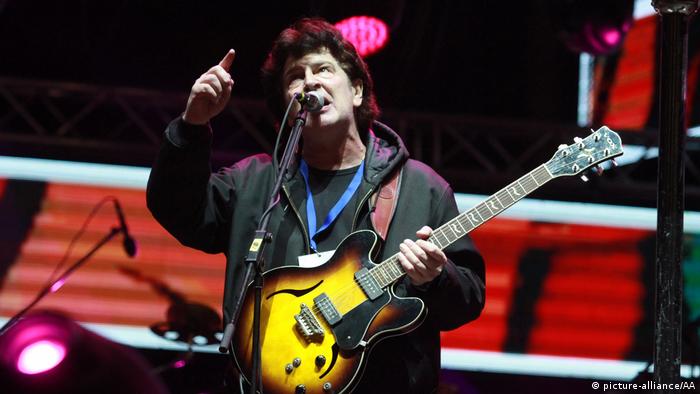
An icon of the Balkans Rocks – Bajaga is popular throughout the territory of the former Yugoslavia
The Attempts to remove the allegedly “foreign” elements of a national culture, as required by the representatives of the so-called “moral panic” in Croatia, pays attention, easy to miss. “Culture can be very persistent. All the sociological studies show that regardless of how strictly the official discourse tries to draw the boundaries, there is a kind of cultural osmosis: A to penetrate Therethrough to the specific taste, which ignored the boundaries. When it comes to a common taste, is the official political line is invalid.”
Lure of the forbidden fruit
Particularly pronounced this phenomenon is in Croatia, because care is taken in the effort to create an identity in large part through the demarcation of the neighboring languages and cultures, is particularly important to draw boundaries. “It seems, however, that it is in human nature to understand a ban as an invitation,” says Golub Nikacevic , a music producer and Creative Director of the Online portal “Vice” from Belgrade.
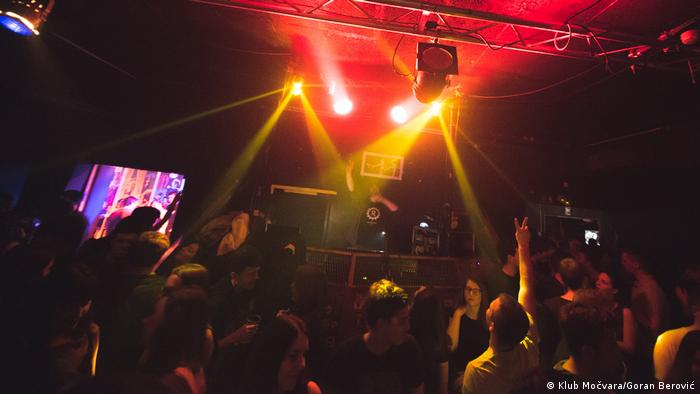
For the young people in the club Močvara Jugonostalgie or longing to play for past few days, no role
“Neither Rock music from Belgrade, the Serbian ‘Turbo-Folk’ could be heard in Croatia at a Radio station and nowhere are the CDs to buy. And then you come in a club, and there all freaking out to this music.” By prohibitions, the Request will only be reinforced, so Nikacevic.
The limits to pick up on all levels, is a phenomenon of the young Generation. It is the dividing lines between each of the music be repealed genres, between the old and new music, and also between the countries of origin of the music artist. “Culture matrices have changed, stylistic characteristics to be mixed,” says the Belgrade music producer. “The young people today, in an eclecticism of styles great: Everything is mixed, Turbo-Folk, Dance, electro, Rock, Hip-Hop, metal. Nowadays, young people shapes their personality and their identity in which you can listen to all of the at the same time.”

Rundek from Zagreb is active since the 1980s and is popular (here at a concert in Belgrade 2005)
The music is easy to find
The political Dimension is let it fade. Even before the Yugoslav Wars in the 1990s, and, in particular, in the Wake of these conflicts, cult urological differentiation has played a very important role: The tendency to a style of music was closely linked with a political or ideological positioning. “This artificial polarisation to ‘we’ and ‘the’ is for today’s young Generation is only an unnecessary burden – culture has lost its normative function,” says Nikacevic.
In the case of the formation of identity in the cultural sphere, new communication models, the push both the political division, as well as the linguistic differences as unimportant aside. And so it is for Bruno (18) from Zagreb unimportant, whether the performers are from the past or from today – he likes to listen to Balkan-Rock, because he “can do anything”. And Lucija (18) can be found in the Ex-Yu-Rock, as well as in today’s Rock and “easy”. And that’s what counts.